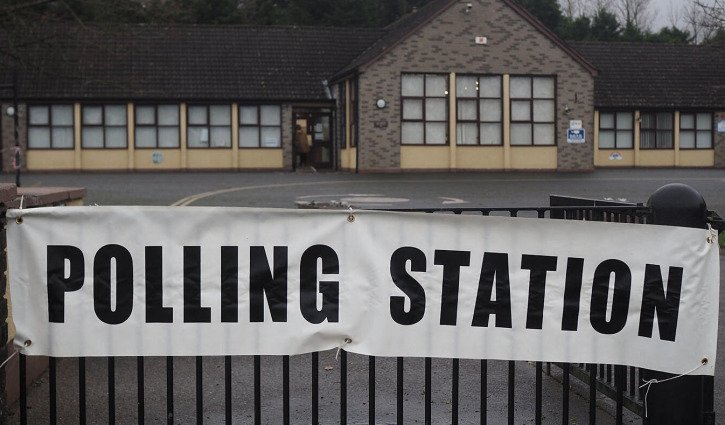Protectionist policies could deliver a serious blow to Ireland’s economy, according to a working paper released by the Economic and Social Research Institute (ESRI) and co-authored with the Department of Finance.
The study explores the impact of unilateral tariffs of 10–25% imposed by the United States, as well as retaliatory bilateral tariffs and 10% non-tariff barriers, such as tightened US regulatory requirements. These measures could curtail market access for Irish and global exporters, triggering significant macroeconomic consequences.
The findings warn that such tariffs and barriers could slash Irish GDP and Modified Domestic Demand (MDD) by up to 3.5% and 2%, respectively, over a 5–7-year horizon. Non-tariff barriers alone could reduce GDP by as much as 3% and MDD by 1.5%. The traded sector, a vital engine of Ireland's economy with strong global ties, stands to lose the most, with production levels forecasted to drop by 4%, double the decline seen in the domestic sector.
ESRI cautions that the ripple effects could hit the labour market hard, given the traded sector’s workforce is typically better paid and more highly educated. Dr. Paul Egan, ESRI Research Officer, emphasised that protectionist policies could also compel multinationals to shift operations to the U.S., further jeopardising Ireland’s economic stability. "This would significantly impact the labour market, consumption, and public finances," Egan noted.
With these potential threats looming, the paper highlights the high stakes for Ireland in a shifting geopolitical and economic landscape. The disproportionate damage to the traded sector could destabilise aggregate demand and tax revenues, painting a sobering picture for investors eyeing the country’s economic resilience amid escalating global trade tensions.



